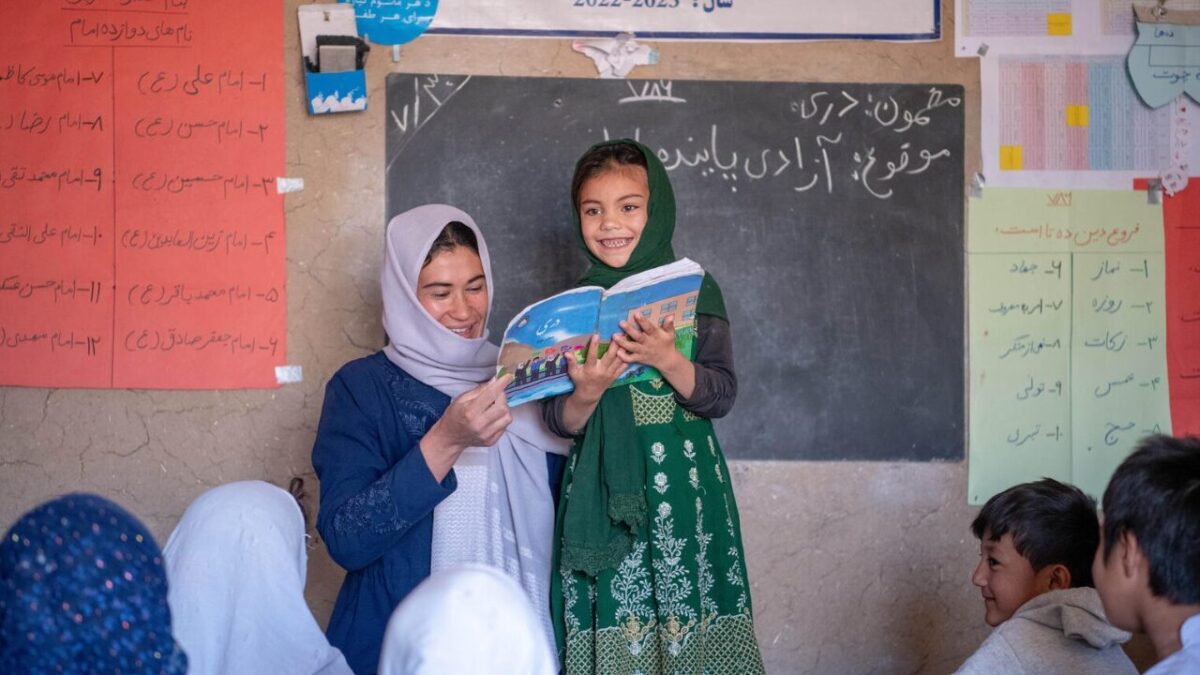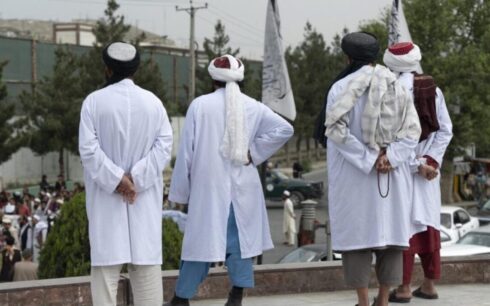Taliban have shut down community-based girls’ education classes in the provinces of Logar and Paktika, according to women’s rights activists, a move they say further deepens the country’s education crisis and strips thousands of girls of the little access they had to schooling.
The Afghan Women’s Lantern Movement, led by activist Hajar Azada, said in a statement that the Taliban closed classes supported by the United Nations and its partners, including UNICEF and the Education Cannot Wait fund. The classes, designed for girls beyond the sixth grade in remote and underserved areas, had played a vital role in keeping education alive for young women amid the broader school bans.
“These closures are not only a blatant violation of human rights but a silent crime against Afghanistan’s future,” the statement read. “The Taliban fear women’s knowledge and awareness.”
The community-based classes were part of alternative education models set up in rural areas where formal schools are absent or inaccessible, especially for girls. The programs had enabled students to continue their education in local homes or community buildings with the help of trained instructors and basic materials.
Activists condemned the closures and urged the United Nations and the international community to intervene. They called for the immediate reopening of the shuttered classrooms and proposed a range of measures, including increased political pressure on the Taliban, security guarantees for educators, and expanded alternative education strategies such as remote learning and clandestine schools.
Prior to the Taliban’s return to power in 2021, community-based education initiatives had enrolled over 49,000 girls across the country. But since the group imposed a ban on schooling for girls above grade six, UNESCO estimates that at least 1.4 million girls have been directly denied education, with the total number of out-of-school girls now approaching 2.5 million.
The closures in Logar and Paktika are part of a broader crackdown on female participation in public life. Activists say the community-based classes represented one of the last avenues for girls’ education—and fear that even these limited spaces are rapidly vanishing.




